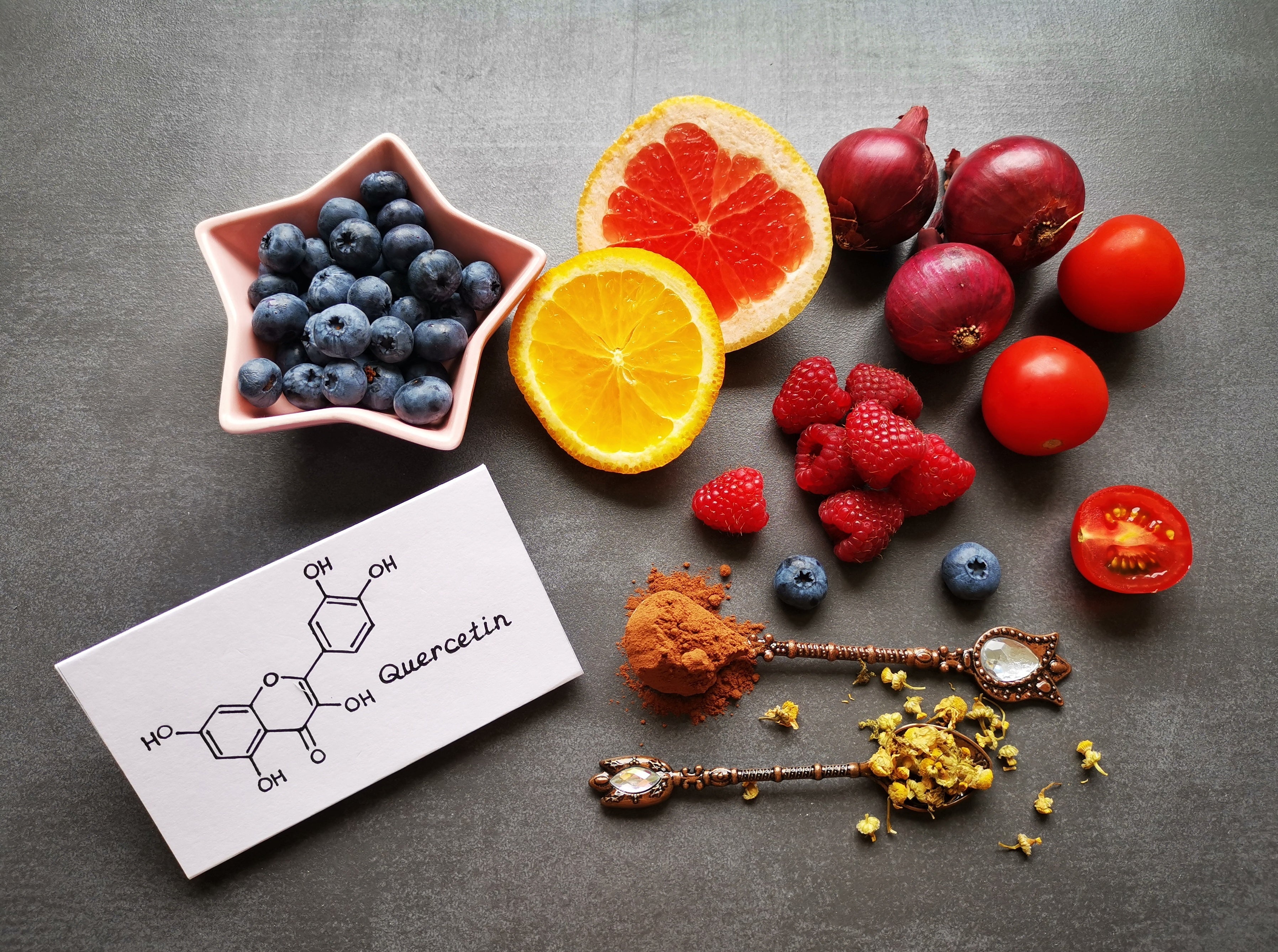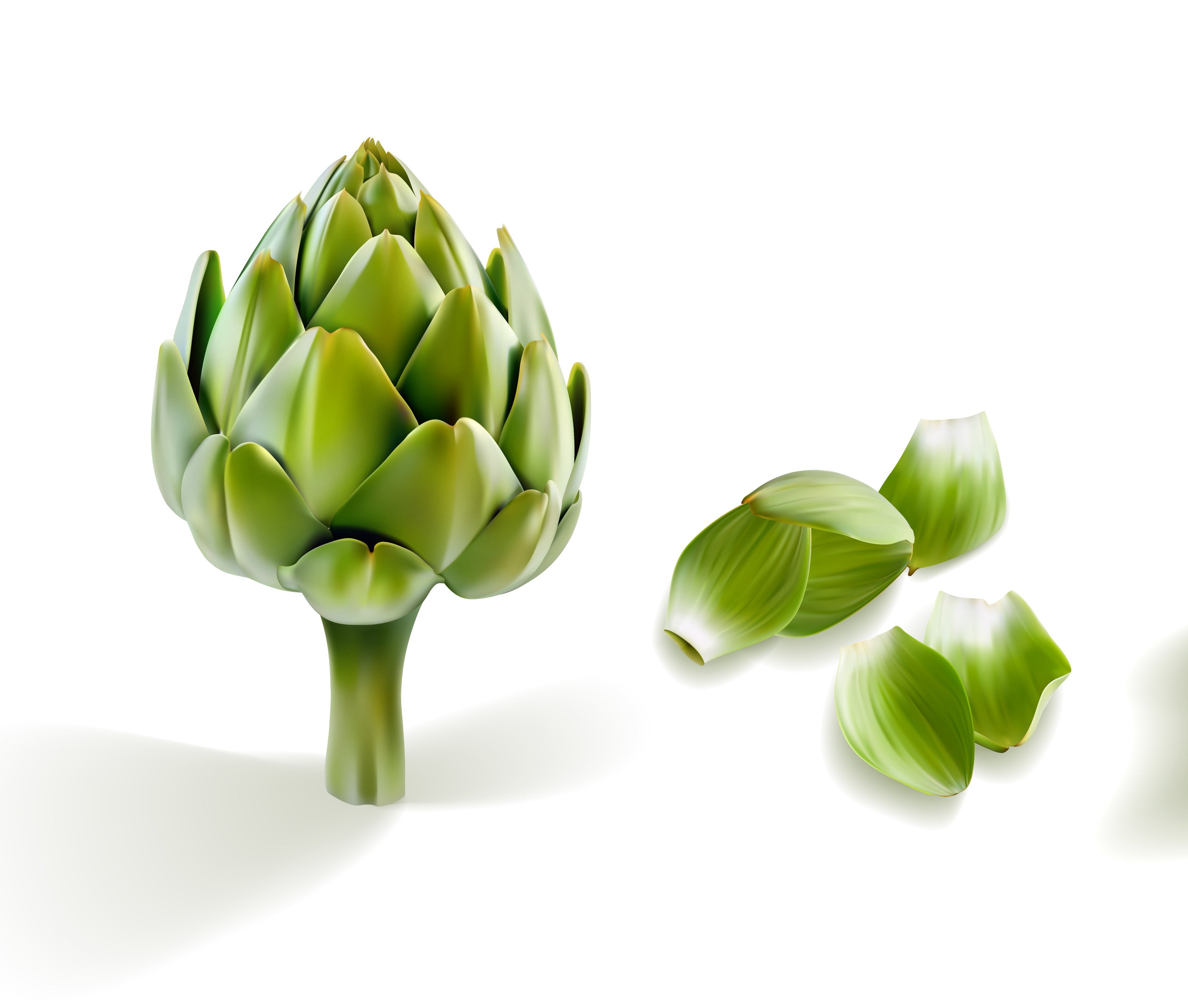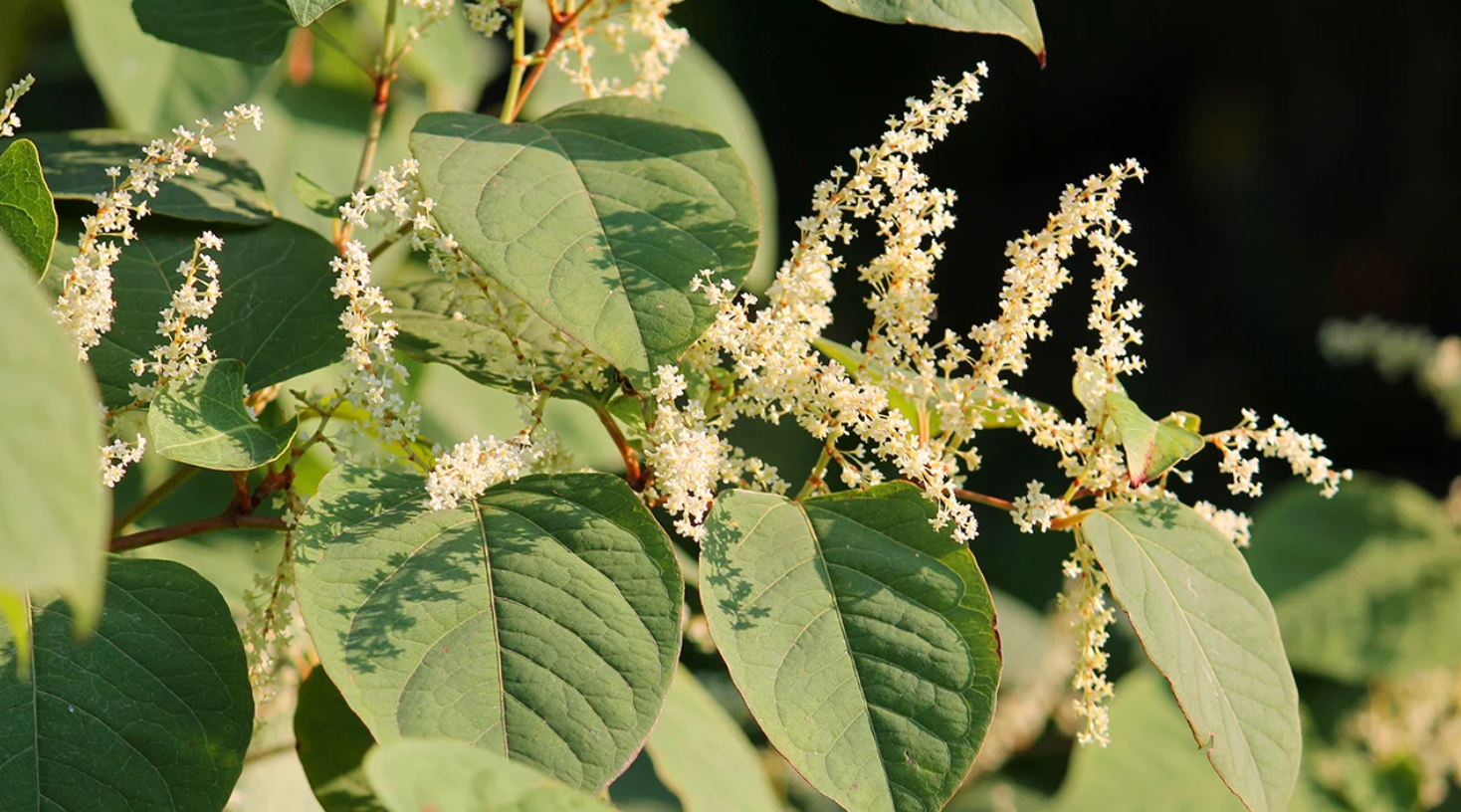Botanical Name: Quercetin
Common uses: Immune support, antioxidant activity, allergy relief
Traditional Use:
Quercetin is a natural flavonoid found in various fruits, vegetables, and herbs. It has a long history of use in traditional medicine for its potential health benefits. Quercetin is valued for its immune-supporting properties, antioxidant activity, and its ability to provide relief from allergies.
Research Overview:
Extensive scientific research has investigated the potential therapeutic effects of quercetin. One of its primary uses is in supporting immune health. Quercetin has been studied for its ability to modulate the immune response, promoting a balanced immune system. It may help regulate immune cells and enhance the body's defense mechanisms against pathogens. Quercetin's immune-supporting properties make it beneficial for conditions such as allergies, respiratory infections, and autoimmune disorders.
Quercetin is also recognized for its potent antioxidant activity. As an antioxidant, it helps protect cells against oxidative damage caused by harmful free radicals. Oxidative stress can contribute to various chronic diseases and aging processes. By reducing oxidative stress, quercetin supports overall health and well-being.
Additionally, quercetin has been studied for its potential to provide relief from allergy symptoms. It is believed to inhibit the release of histamine, a compound involved in allergic reactions. Quercetin's anti-allergic properties may help alleviate symptoms such as sneezing, itching, and nasal congestion.
Interesting Fact: Did you know that quercetin is widely distributed in nature and can be found in various fruits and vegetables, including apples, onions, berries, and leafy greens? Consuming a diverse range of plant-based foods can provide a natural dietary source of quercetin.
Sources:
- Li Y, Yao J, Han C, et al. Quercetin, Inflammation and Immunity. Nutrients. 2016;8(3):167.
- Boots AW, Haenen GR, Bast A. Health effects of quercetin: from antioxidant to nutraceutical. Eur J Pharmacol. 2008;585(2-3):325-337.
- Thaipong K, Boonprakob U, Crosby K, Cisneros-Zevallos L, Byrne DH. Comparison of ABTS, DPPH, FRAP, and ORAC assays for estimating antioxidant activity from guava fruit extracts. J Food Comp Anal. 2006;19(6-7):669-675.



